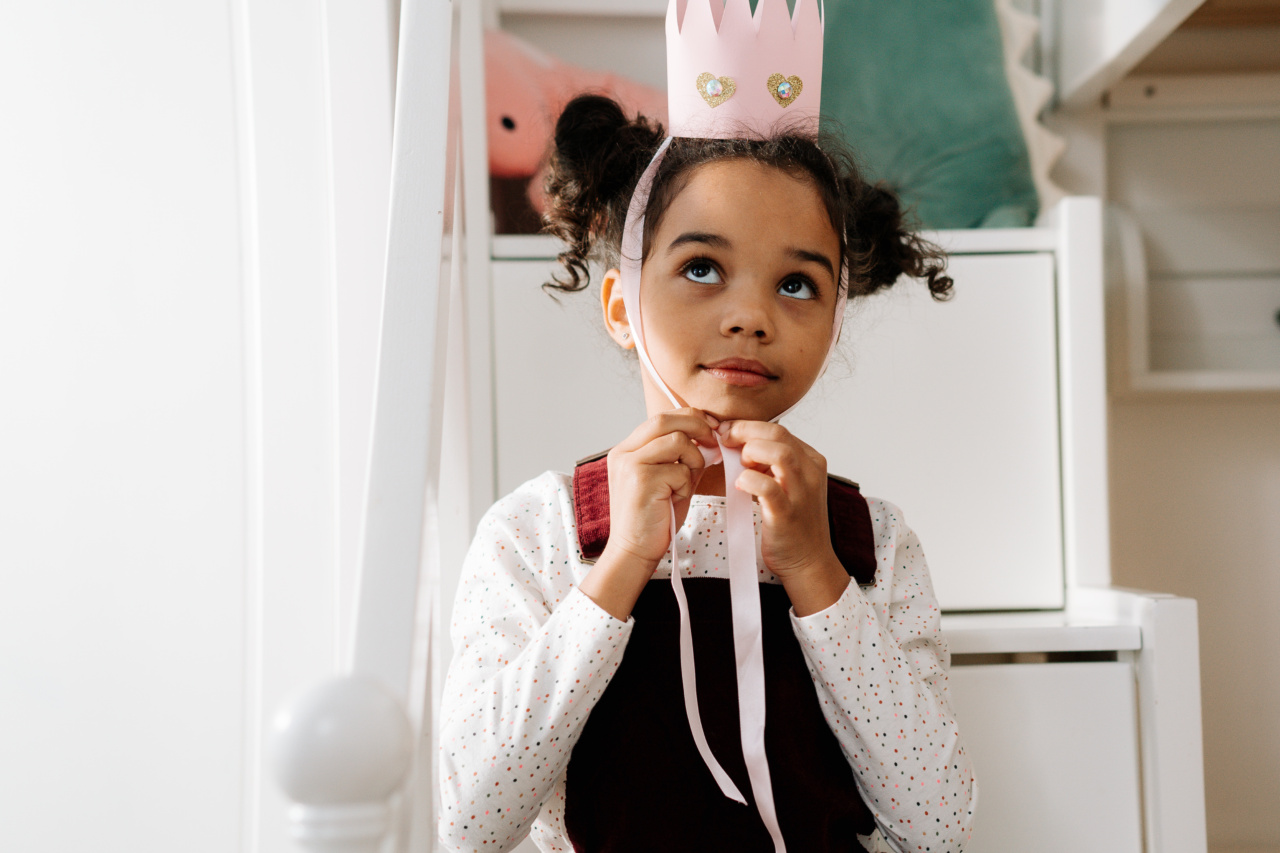Divorce is a difficult and emotionally challenging process for couples, but it can be even more challenging for children involved.
The impact of divorce on children can be long-lasting and significant, affecting their emotional well-being, academic performance, and future relationships. However, it is possible to navigate the process of divorce without causing irreparable damage to your children.
By prioritizing their needs and implementing strategies to protect their emotional health, you can ensure that your children are not the casualties of your marital dissolution. This article will provide a comprehensive guide on how to divorce without damaging your children and instead put their well-being first.
1. Communicate Openly and Honestly
One of the most crucial aspects of divorcing without damaging your children is maintaining open and honest communication. Make sure your children understand that the divorce is not their fault.
Reassure them that you both still love them and will continue to be there for them, even if you are no longer together as a couple. Encourage your children to ask questions and express their feelings, and provide age-appropriate answers that do not undermine the other parent.
2. Minimize Conflict and Avoid Arguments
One of the most damaging aspects of divorce for children is witnessing their parents engage in constant conflicts and arguments. Therefore, it is essential to minimize conflicts and keep them away from your children.
Opt for alternative dispute resolution methods like mediation or collaborative divorce to reduce the confrontations and animosity often associated with litigation. Ensure that your children are not exposed to any heated discussions or negative interactions between you and your soon-to-be ex-spouse.
3. Maintain Consistency and Routine
Divorce can disrupt the stability and routine that children thrive on. To minimize the negative impact of divorce, strive to maintain as much consistency and routine in their lives as possible.
This includes keeping them in the same school, involving them in their regular activities, and maintaining their relationships with friends and extended family members. Consistency provides a sense of security and normalcy during a time of uncertainty and change.
4. Encourage Healthy Coping Mechanisms
Children may struggle to cope with the emotional upheaval caused by divorce. Encourage and support them in developing healthy coping mechanisms to manage their emotions.
This might include engaging in activities they enjoy, such as sports or hobbies, or expressing their feelings through art or writing. If necessary, seek the assistance of a therapist or counselor who specializes in working with children of divorce.
5. Foster a Positive Co-Parenting Relationship
Co-parenting after divorce can be challenging, but it is crucial to your children’s well-being.
Foster a positive co-parenting relationship by prioritizing effective communication, being flexible and accommodating, and focusing on the best interests of your children. Avoid making negative or derogatory remarks about the other parent in front of your children, as this can create confusion, loyalty conflicts, and unnecessary stress.
6. Maintain Emotional Boundaries
During and after divorce, it is essential to maintain emotional boundaries with your children. Do not burden them with adult issues, conflicts, or financial concerns.
Shield them from details that are not age-appropriate and refrain from seeking emotional support from them. Allow your children to be children and protect their innocence and emotional well-being as much as possible.
7. Seek Professional Support
Divorce can be emotionally and mentally taxing for both parents and children. Do not hesitate to seek professional support when needed.
A therapist or counselor can guide you through the emotional challenges and provide you with coping strategies to navigate the complexities of divorce without causing harm to your children. Professional intervention can also help children process their emotions, cope with the changes, and adjust to their new family dynamics.
8. Be Mindful of New Relationships
If you or your ex-spouse enter into new relationships after divorce, be mindful of how it may impact your children.
Introduce new partners gradually and ensure that they respect the existing co-parenting relationship and your children’s emotional well-being. Avoid involving your children in conflicts or disagreements with new partners, as this can create confusion and loyalty conflicts.
9. Put Your Children First
Always prioritize your children’s needs and well-being above your own during and after divorce. Make decisions that consider their emotional health, education, and overall development.
This might involve compromising, being flexible, or seeking cooperation with your ex-spouse to ensure that your children’s best interests are met. By putting your children first, you can minimize the damaging effects of divorce on their lives.
10. Seek Parenting Education
Parenting does not come with a manual, and divorcing parents can benefit greatly from seeking parenting education courses or resources.
These programs can provide valuable tools and strategies for co-parenting effectively, communicating with your children, and addressing their emotional needs throughout the divorce process and beyond. By continuously educating yourself as a parent, you can better navigate the challenges of divorce without harming your children.
Conclusion
Divorce is undoubtedly challenging, but it is possible to navigate the process without damaging your children.
By communicating openly and honestly, minimizing conflict, maintaining consistency, and prioritizing their needs, you can protect your children’s emotional well-being during this significant life transition. Seek professional support when necessary, foster a positive co-parenting relationship, and continuously educate yourself as a parent.
Remember, by prioritizing your children’s best interests and putting them first, you can help them emerge from the divorce with resilience and strength.





























